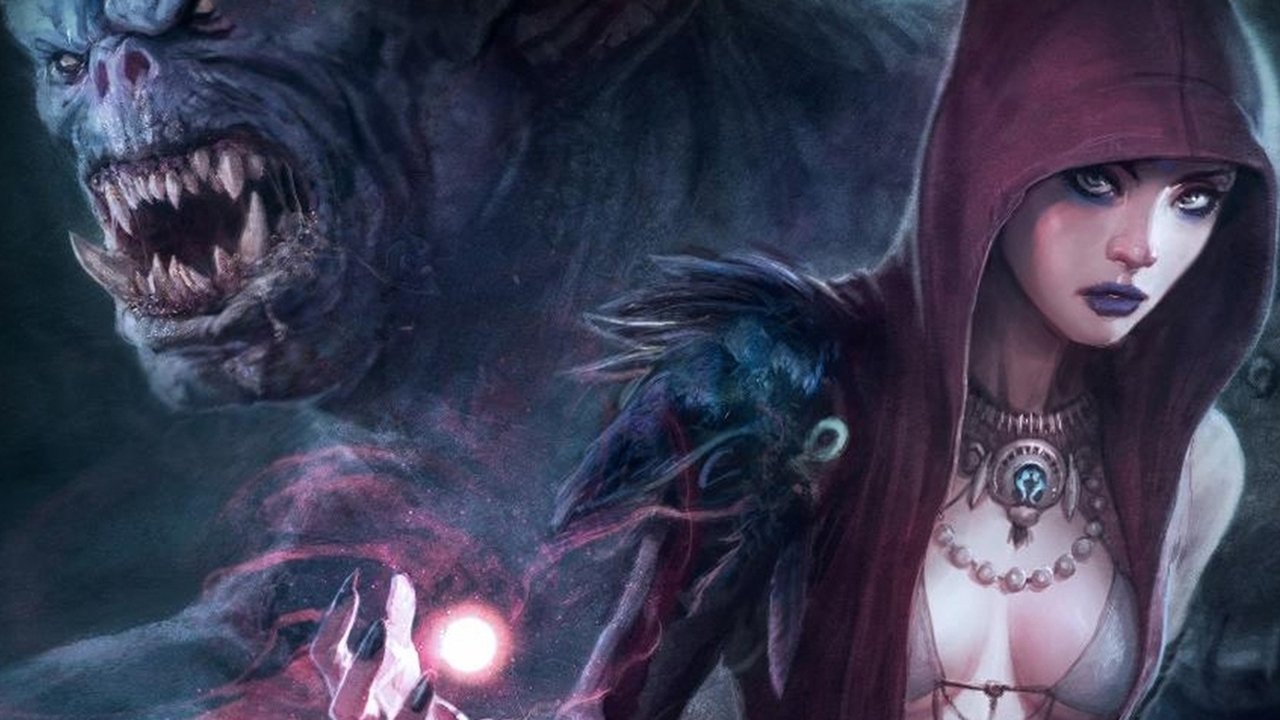Dragon Age: Origins and its expansion, Awakening, are pretty good games. The combat is a lot of fun, the difficult choices that come up during conversations are often great and the depth of playable content on offer is pretty staggering. The only problem is that the plot — the narrative framework that defines the game’s characters, setting and goals — is incredibly derivative.
The first time I played the game was a week or two after its release in 2009. My knowledge of the fantasy genre was limited to having read The Hobbit and The Lord of the Rings in junior high, childhood familiarity with The Chronicles of Narnia and the film versions of those stories. Because of this I went into Dragon Age thinking that the Blight — the horde of evil orc-like creatures called Darkspawn threatening the game’s setting — was a tired idea, but that the rest of the story was at least somewhat novel.
Sometime later I heard about a series of fantasy books — books that usually fall outside of my wheelhouse — that had just been picked up by HBO. I bought a copy of A Game of Thrones and, despite a bit of trepidation at the beginning, found myself loving it and the rest of the currently released novels in George R.R. Martin’s saga. Now, having gone back to Dragon Age: Origins and Awakening a few years later, even the slightest hint of originality has been lost by having a better frame of genre reference. Even expanding my knowledge of the style by one additional series of books has given me the ability to identify just how egregiously the game has lifted inspiration from this fantasy touchstone.
It seems that Bioware, Dragon Age’s developer, reached into a bag of their favourite fantasy genre tropes, rebranded the handful they pulled out and threw them into a grinder. The political machinations I originally found kind of interesting now seem like a shallow emulation of Martin’s dense, invented history: this is the same with many of the other elements I had thought were imagined by the game’s creators. When I first played it, Dragon Age seemed like it was trying to put a twist on conventions that a genre had cemented — like it was taking an established framework and making it its own. But now, it becomes more clear that the bulk of the development team’s creativity was applied to lifting ideas — from beginning the story after a rebellion has defeated an ancient empire, dragons reappearing after having vanished into legends and on and on —that already worked and changing them just enough to make them appear new.
It shouldn’t have to be this way. The writers at Bioware are among the industry’s very best. They have a great knack for dialogue, high drama and world building. This is evidenced in Dragon Age’s more inventive, sci-fi sibling Mass Effect. While still very much paying homage to another genre, Mass Effect creates new concepts that make it a science fiction story that stands alongside, rather than simply ride the coattails of, an existing body of work. The series’ alien cultures and history, while not necessarily groundbreaking, are as fresh and exciting as any new television series, film or novel and all of this makes the games worthy of consideration by anyone — sci-fi novice or diehard fan. Though I’m by no means an expert in the genre, my familiarity with it is the same as (if not a tiny bit than) it is with fantasy. I don’t have to be an aficionado of either style of narrative to see the difference in Bioware’s two current series of games.
Genre fiction of any type is plagued by a fear of real innovation. In particular, fantasy videogames seem content to follow rather than lead. We should expect better and demand more. Rather than play out the stories we know, studios with proven, imaginative skill — like Bioware — should tell us ones we haven’t heard a variation of before.
After all, they’ve done it before and, with a bit of hard work, they could surely do it again.
***
Reid McCarter is a writer, editor and musician living and working in Toronto. He has written for sites and magazines including Kill Screen, The Escapist and C&G Magazine. He founded, writes and edits the videogame blog digitallovechild.com and is Twitter-ready @reidmccarter.




